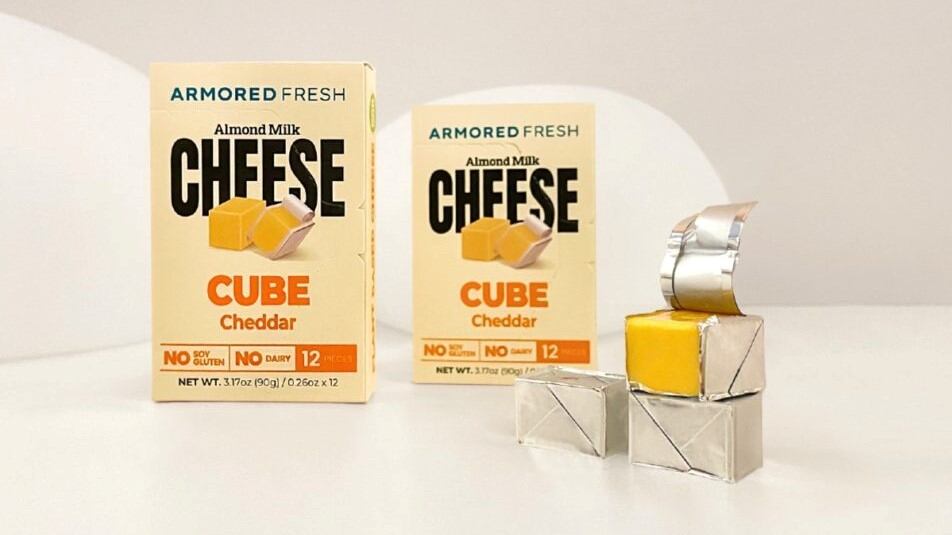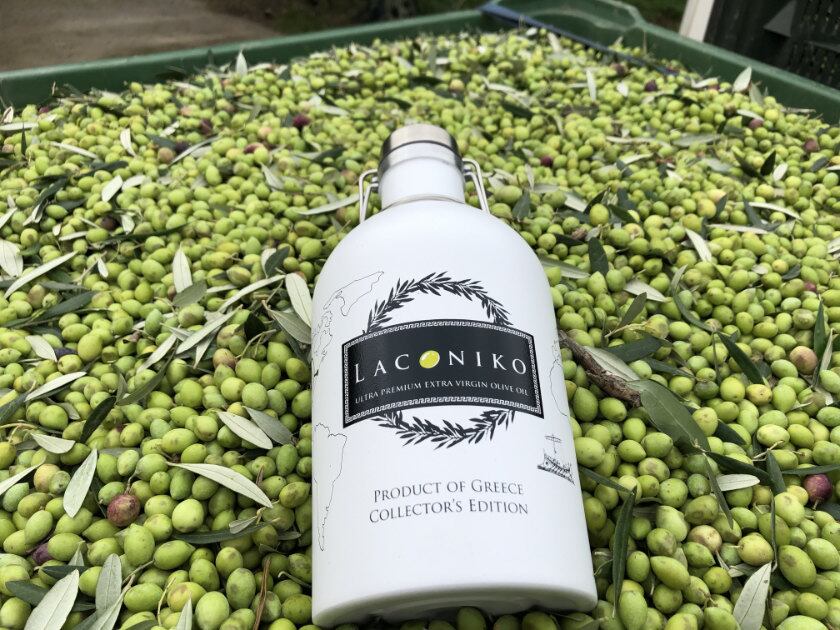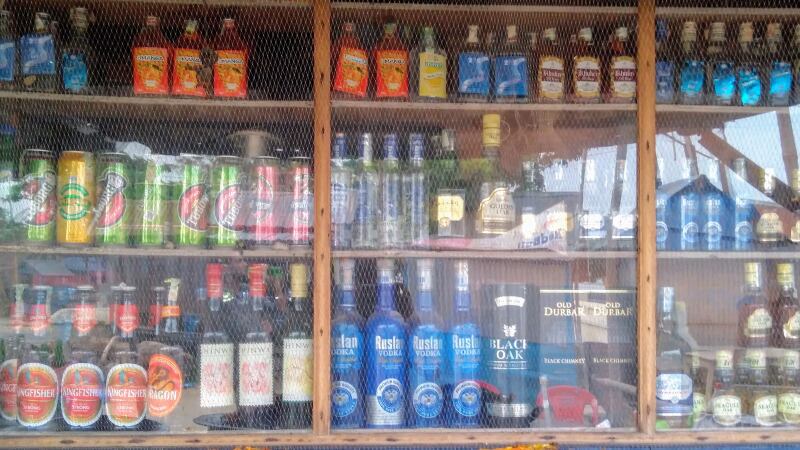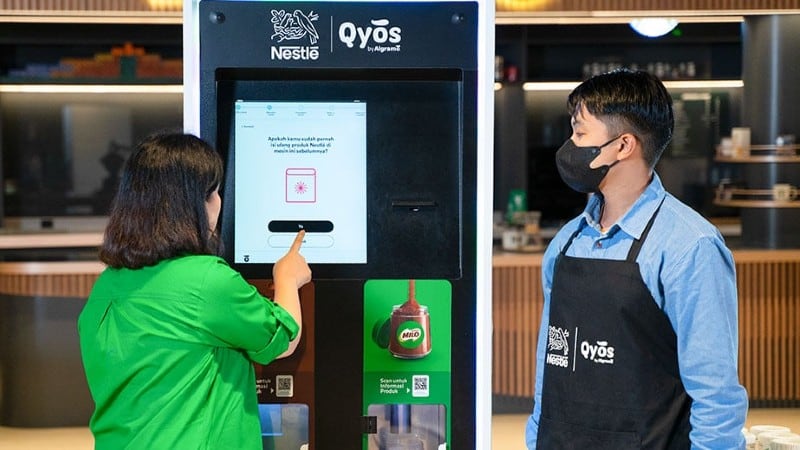Armored Fresh is the US subsidiary of a South Korean food tech company.
It offers a range of plant-based cheeses from cubes, cream cheese and cheddar slices by using a patented fermentation process on almond milk.
Sales manager Daniel Yang told FoodNavigator-Asia that it first launched its R&D lab in 2017 in South Korea and had used its big data solution to highlight top food trends on social media, before deciding on its next foray.
Yang added that its plant-based cheese venture had emerged by chance, as it was looking at launching a pizza brand in New York and had noticed the lack of “high-quality and good enough [vegan] meat and cheese toppings for use.”
Slow and steady launch
In October 2022, it soft-launched its first plant-based cheese offerings – almond milk cheese cubes and slices – in trade shows and via food service partnerships with vegan fast-food restaurants in New York.
“We wanted to get direct feedback from consumers. As we were were getting really good feedback, we were fairly confident in our launch. It was the snackable, cubed cheese in 12 pieces that stood out. That drew a lot of attention because the packaging stands out. Owners and managers were quick in making the decision within five to ten minutes of trying our cheese,” Yang added.
Since then, the brand has secured 150 accounts in New York- its suppliers include Kroger supermarket, mom-and-pop stores, and independent retailers. From this month (April), it would also be made available on the US Amazon site and its own website.
It touts future plans to launch in Colorado, Oregon, Seattle, California, and Texas in this June.
On why South Korea was not considered in its market entry, Yang explained that its cheese market is relatively smaller to the US and Europe.
“The vegetarian or plant-based market is heavily influenced by the cuisine. Koreans enjoy their vegetables and eat a lot of plants, but the cheese alternative is not prioritised. However, it is encouraging to see that in Korea, there is a shift towards healthy eating and a balanced diet.”
It will turn its attention to the European market in 2024.
What consumers expect in a plant-based cheese product
On the brand’s unique selling proposition in the cluttered market, Yang explained that it is benchmarking its taste and nutritional profiles with dairy cheese products.
“Our innovation team spent countless hours coming with the formulation that replicates the taste of the cheese to make it comparable with dairy cheese. Consumers are looking for a viable alternative without having to lose the priority of taste. Most companies are content with where they are when they compare with other plant-based companies.
“Our product development focuses on hitting all three taste, nutrition, and environmental impact. We’ve found a technology development process where we could manufacture non-GMO plant-based foods. We’ll be able to offer higher protein levels in different products, whether it’s cheese, yoghurt, or milk.”
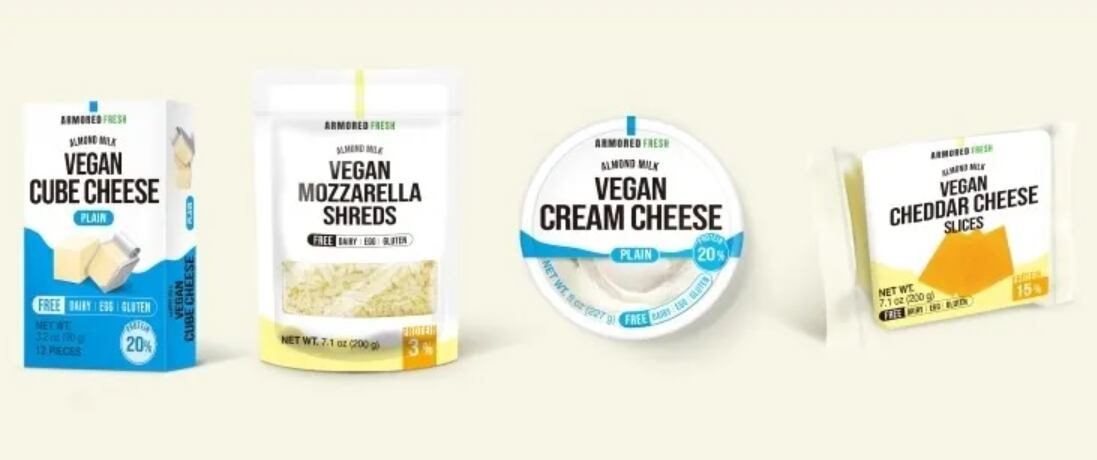
DairyReporter recently published about its patented fermentation technology that seeks to bring the taste of its products as close to animal-based cheeses.
With taste emerging top in influencing consumer’s decision to opt for plant-based cheese, Yang added it was looking into seasonal flavours and would be launching a pepperjack flavoured product and Provolone slices.
It will officially launch its mozzarella shreds and cream cheese products by the end of this year or early-quarter next year. The team is looking to expand into yoghurt, milk, and ice cream offerings once the technology is honed.
Notably, the brand is centring its manufacturing capabilities in South Korea. Yang explained: “Korea has a high level of technological capabilities in the food production market, which enables safe and hygienic production. It also allows us to be cost-competitive and efficient in our manufacturing operations, so that we can offer high-quality food products at a competitive price.”

